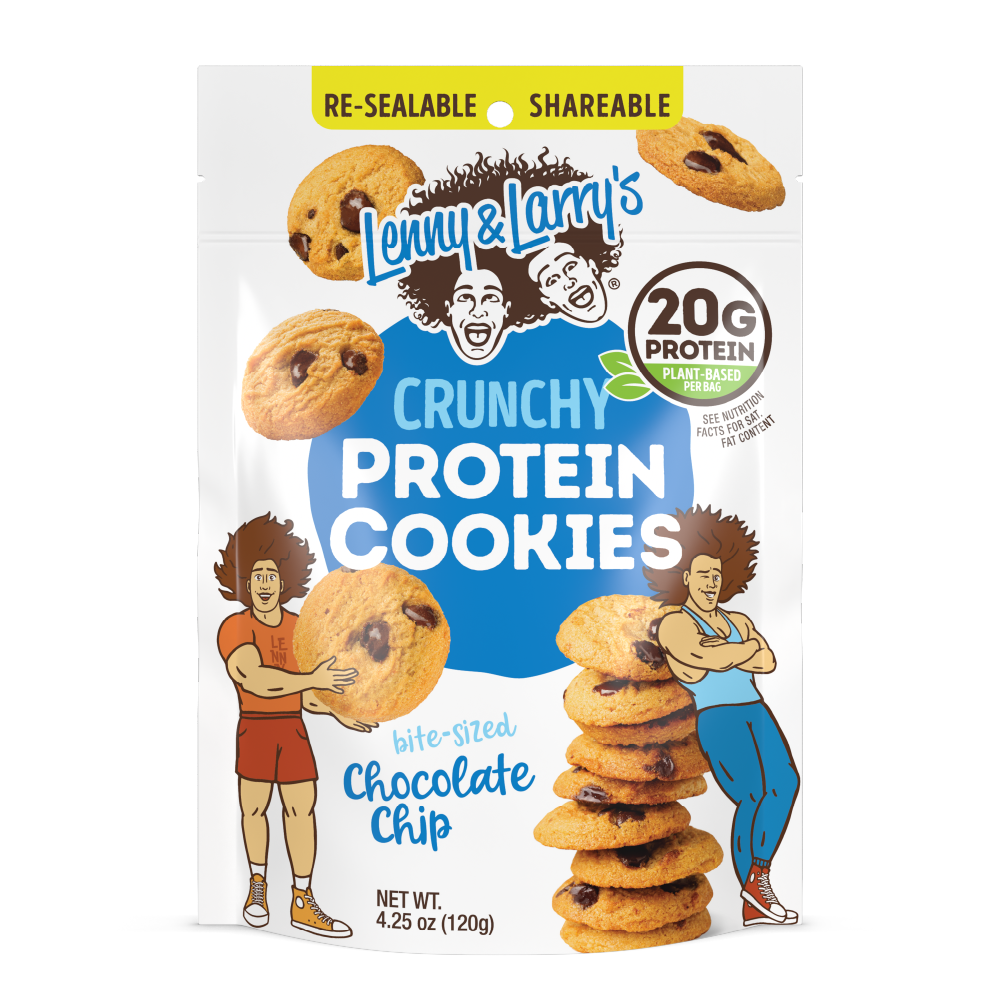Talk to any fitness buff about nutrition and the first thing they're likely to say is, "Make sure you're getting enough protein." The problem with this statement isn't that it's wrong, but that it doesn't really explain the 'why' behind the question. But from their perspectives, maybe it shouldn't.
It's easy to forget the beginner questions when engulfed in any sort of hobby or lifestyle. Specifically for fitness, protein helps to aid in muscle growth and recovery. There's a medically recommended protein amount per day, and then there's the bodybuilder or athletics recommendation. And both are right, yet both are wrong. Before we answer how that can be, let's first take a deeper look at what exactly protein is.
What is Protein?
According to Britannica.com, protein is, "A naturally occurring, extremely complex substance that consists of amino acid residues joined by peptide bonds. Proteins are present in all living organisms and include many essential biological compounds such as enzymes, hormones, and antibodies."
To help you digest that — no pun intended — think of protein as your body's internal building blocks. From hair follicles and skin to our muscular structure, protein helps create and repair all of these assets at any given time.
So, sure. Protein helps to build muscle, but it also does a whole lot more.
What Does Protein Do for the Body?
Protein makes up the bulk of our body's structure, including bone. Almost every fiber of our being consists of protein. It's also responsible for the enzymes that power our body's chemical reactions along with oxygen-carrying hemoglobin.
Harvard references The National Academy of Medicine's protein recommendation of 50 grams per day for people weighing 140 pounds and 70 grams for people who weigh 200 pounds. To come up with this figure, the formula is:
0.8 grams of protein per kilogram of body weight (metric) | around 7 grams of protein for every 20 pounds of body weight (imperial)
NAM also recommends that we take in 10%-35% of our total daily calories as protein.
Note: Before starting any fitness or diet plan, we recommend talking with your doctor or a qualified dietician.
Is It Possible to Ingest Too Much Protein?
Protein poisoning or "rabbit starvation" occurs when our bodies receive too much protein without a balance of fat and carbohydrates to help balance things out. However, this is something that should really only be worried about with extremely high-protein diets where a person completely eliminates all fat and carbohydrate consumption.
Essential Amino Acids
In order for protein to begin building out its controllable processes, it needs amino acids. We create amino acids in two main ways: from our bodies, with much of the protein creation taking place in the liver, and by modifying preexisting ones.
But our bodies aren't perfect at making every amino acid that we need. There are nine essential amino acids that help make up a protein that must be consumed from food: Lysine, isoleucine, leucine, histidine, methionine, valine, phenylalanine, threonine, and tryptophan.
When consumed in the right amount for our body types, these proteins are ready to being their natural repair and recovery processes.
Do I Need Protein I'm Not Working Out?
Yes, because protein is an essential part of the human body. That's not to say that you need to eat as much protein as someone who's trying to build larger volumes of muscle mass. It's just as essential for "regular" people as it is for a bodybuilder, just in different amounts.
Protein Runs the Show
If our bodies were a business, protein would be responsible for a large part of the manufacturing. It's essential that we take in enough to, at a minimum, keep your body's natural functionality in good order. Higher than recommended daily protein intake is also essential for those with specific fitness goals. Just remember not to forget about carbs and fats, especially if you're relatively active.
 Lenny and Larrys
Lenny and Larrys
